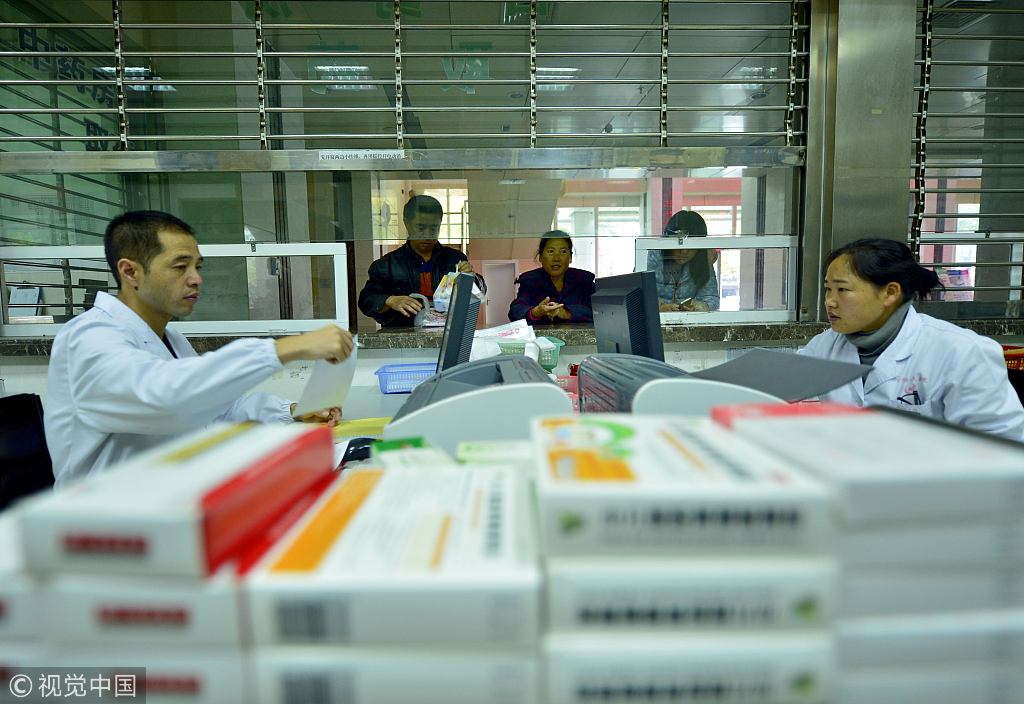Rising cost of drug chemicals must be managed at the source


THE HEALTH AUTHORITIES of Liaoning have warned that 81 kinds of medicines will be out of supply soon in the province, because the rising cost of raw materials have prompted the pharmaceutical companies to stop manufacturing those medicines. Beijing Youth Daily comments:
Reportedly, the price of chlorpheniramine maleate, which is used to make medicines to treat the common cold, has rocketed 58-fold in one month, and the price of phenol, which is widely used in bactericides, has risen 100 times in a few days.
The production of bulk pharmaceutical chemicals is controlled by a few enterprises. For instance, among the 1,500 kinds of active pharmaceutical ingredients, 50 kinds can only be produced by one enterprise, because it is the only one that has obtained the production license for them, and 44 kinds can only be made by two licensed companies nationwide.
There are obvious signs indicating that these monopoly enterprises have formed an alliance to push up the prices, which is an abuse of their monopoly status and has put the downstream enterprises in a helpless position.
Although the central authorities vowed in November to severely punish such price monopoly behavior in the pharmaceutical industry, none of the monopoly enterprises has taken that warning seriously, because the administrative penalty is almost nothing compared with their exorbitant profits.
It is urgent for the judicial authorities to take concrete actions to investigate the monopolies in the pharmaceutical industry, which are suspected of violating the Antitrust Law and the Price Law, and make the punishments severe enough to end the illegal practices.
The health and industrial authorities must reform their time-honored approval and license issuance procedures to allow more qualified enterprises to produce the active pharmaceutical ingredients as soon as possible. The monopolies are not due to unique technological capabilities or know-how of the enterprises but simply because of their licenses. Any delay in the reform harbors clues to corruption.


































